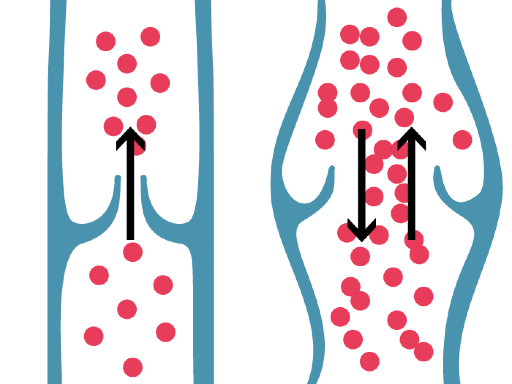Treatments Musculoskeletal Conditions Varicose veins

Managing Varicose Veins with Homeopathic Approaches: Natural Solutions for Relief
Varicose veins are swollen, twisted veins that typically occur in the legs. They develop when the valves within the veins become weakened or damaged, hindering the proper flow of blood back to the heart. This leads to pooling of blood, causing the veins to enlarge and become visible beneath the skin.
Varicose veins are a common vascular condition that affects millions of people worldwide. While they are often considered a cosmetic concern, varicose veins can cause discomfort and, in some cases, lead to more serious health complications. In this article, we will delve into the causes, symptoms, and various treatment options available for this condition.
What are Varicose Veins?
Varicose veins are enlarged, twisted veins that usually occur in the legs. They are caused by a condition called venous insufficiency, which occurs when the valves in the veins do not function properly. Normally, these valves prevent the backward flow of blood, ensuring that it flows towards the heart. However, when the valves become weak or damaged, blood can accumulate in the veins, causing them to bulge and become visible beneath the skin.
Causes and Risk Factors:
Several factors can contribute to the development of varicose veins. These include:
Symptoms and Complications:
Varicose veins are typically characterized by visible, twisted veins on the surface of the skin. However, they can also be accompanied by various symptoms, including:
In some cases, varicose veins can lead to complications such as:
Treatment Options:
The treatment of varicose veins aims to alleviate symptoms, improve the appearance of the affected veins, and prevent complications. The appropriate treatment option depends on the severity of the condition and the individual’s overall health. Common treatment methods include:
Homeopathic Approaches
One of the fundamental principles of homeopathy is individualization. Each person with Varicose veins is unique, and homeopathic treatment focuses on understanding the individual’s specific symptoms, lifestyle, emotional state, and overall well-being. At Dr. Singh’s Homeopathy we conduct a detailed consultation to gather this information and prescribe a personalized treatment plan. Homeopathy can complement conventional management strategies for Varicose veins. Here are a few ways in which homeopathic treatment can be beneficial:
Lifestyle Considerations:
In addition to homeopathic remedies, certain lifestyle modifications can complement your homeopathic treatment plan and promote overall vein health. These may include:
Conclusion:
Varicose veins can be more than just a cosmetic concern, causing discomfort and potentially leading to complications if left untreated. Understanding the causes, symptoms, and available treatment options is crucial for managing this condition effectively. If you are experiencing any of the symptoms associated with varicose veins, it is advisable to consult Dr. Singh’s Homeopathy for a proper diagnosis and a most appropriate treatment for your specific situation. Remember, early intervention can help prevent further complications and improve your overall quality of life.

